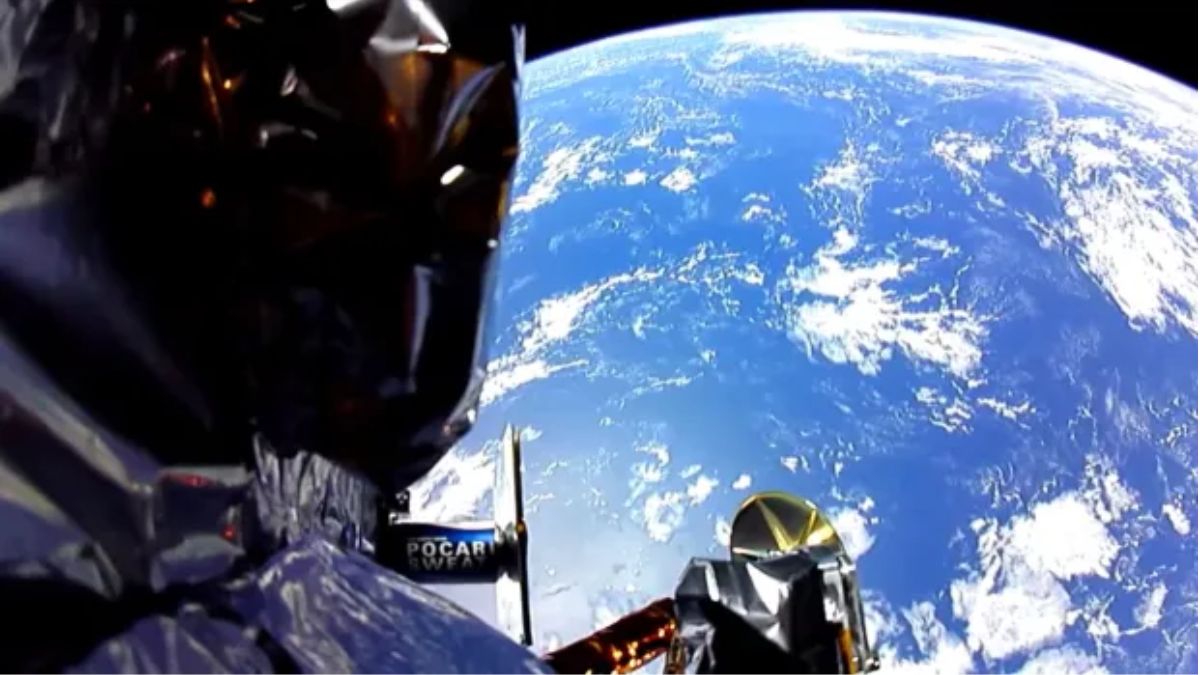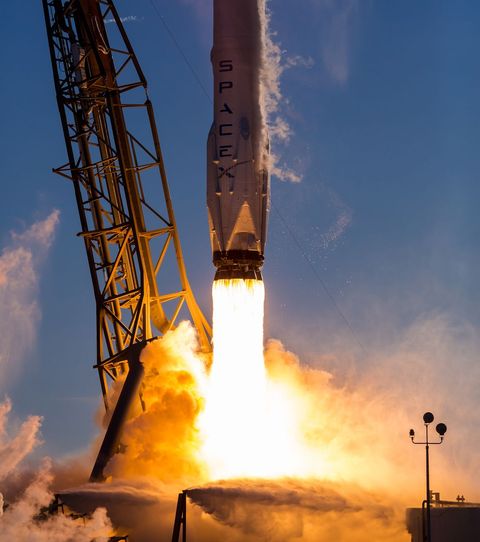
Astrobotic's Peregrine lunar lander encountered bo...
news-extra-space

There have been no reports of injuries as a result of debris from a previous Long March 5B rocket making an uncontrolled descent in July of this year, with some debris apparently landing near towns in Malaysia and Indonesia. This time, the booster came from a rocket that was used on October 31 to launch the third module of China's new space station. NASA officials have criticized the risk of letting uncontrolled rocket pieces fall through the atmosphere as being needless. According to the New York Times, NASA Administrator Bill Nelson said, "It is critical that all spacefaring nations are responsible and transparent in their space activities and follow established best practices, especially, for the uncontrolled re-entry of a large rocket body debris — debris that could very well result in major damage or loss of life."#USSPACECOM can confirm a second atmospheric reentry correlated with the #PRC’s Long March 5B #CZ5B as it exited the #USSPACECOM Area of Responsibility over the Northeast Pacific Ocean region at 4:06am MDT/10:06 UTC on Nov. 4. https://t.co/keJdc1tmxi
— U.S. Space Command (@US_SpaceCom) November 4, 2022
 Chinese officials maintain that an uncontrolled re-entry of the first-stage booster made by the Long March 5B rocket is safe because the majority of its parts burn up in the atmosphere. Experts disagree, stating that allowing these unrestrained descents to occur is reckless and deadly.
Director General of the European Space Agency Josef Aschbacher stated on Twitter that "today's uncontrolled #LongMarch5B re-entry emphasizes the mounting risk for vital infrastructure both in space & on the ground posed by unsustainable spaceflight operations." The average annual mass of the roughly 100 major pieces of debris that have returned to Earth over the last ten years is 150 metric tons. To better track, forecast, and mitigate satellites and rocket bodies headed for uncontrolled re-entries, we must concentrate on technology.
Spain had to briefly seal off portions of its airspace when the debris passed through it.
Chinese officials maintain that an uncontrolled re-entry of the first-stage booster made by the Long March 5B rocket is safe because the majority of its parts burn up in the atmosphere. Experts disagree, stating that allowing these unrestrained descents to occur is reckless and deadly.
Director General of the European Space Agency Josef Aschbacher stated on Twitter that "today's uncontrolled #LongMarch5B re-entry emphasizes the mounting risk for vital infrastructure both in space & on the ground posed by unsustainable spaceflight operations." The average annual mass of the roughly 100 major pieces of debris that have returned to Earth over the last ten years is 150 metric tons. To better track, forecast, and mitigate satellites and rocket bodies headed for uncontrolled re-entries, we must concentrate on technology.
Spain had to briefly seal off portions of its airspace when the debris passed through it.
Leave a Reply






